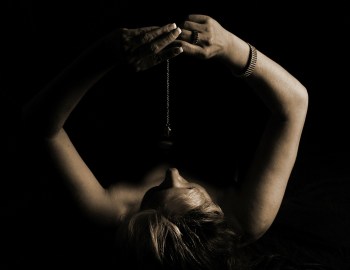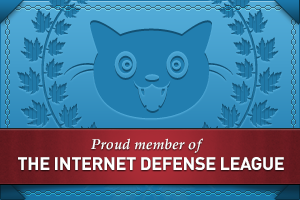For Halloween, The Toy Zone created an incredible set of cultural maps. For almost every country in the world, they have researched and illustrated a ‘boogeyman’.
Each nation’s idea of a scary threat that might whisk away naughty children varies.
Children, of course, are the link from the nightmare of a boogeyman to The Toy Zone. The toy blog cites Purdue University (PDF);
Some parents try to scare children into following rules. It is not a very effective way to control children’s behavior. Fear uses the lower levels of the brain, so children do not learn to think when parents use fear.”
You can read the full research on the blog. Below, In Pure Spirit has some world maps of boogeymen.
The Boogeyman Around the World

The Boogeyman is a mythical creature adults use to frighten children into good behaviour. Bogeymen have no specific appearance, and conceptions vary drastically by household and culture, but they are most commonly depicted as masculine or androgynous monsters that punish children for misbehaviour.
The Boogeyman is often described as living in dark places, such as closets, under beds, or behind doors. He is said to come out at night to punish children who have been bad. Some stories say that the Boogeyman will take children away, while others say that he will hurt or even kill them.
The Boogeyman is a powerful figure in the imagination of many children. However, the Boogeyman can also be a source of fear and anxiety for some children. It is important for parents to be aware of how their children are affected by stories about the Boogeyman and to provide them with support if they are feeling scared.
In addition to being a mythical creature, the Boogeyman can also be used as a metaphor for anything feared or dreaded. For example, someone might say that the Boogeyman of the stock market is a sudden crash or that the Boogeyman of climate change is a devastating natural disaster.
The Boogeyman is a complex and fascinating figure used for centuries to teach and frighten children. He is a reminder that there is always something to be afraid of, even in the dark corners of our imaginations.
The Boogeyman Around Africa

The Boogeyman Around Europe

The Boogeyman Around the Middle East and Central Asia

The Boogeyman Around North America

The Boogeyman Around Rest of Asia

The Boogeyman Around South America

In Pure Spirit
I’m thankful that these are Toy Zone-appropriate illustrations! Which do you find the most creepy?





























